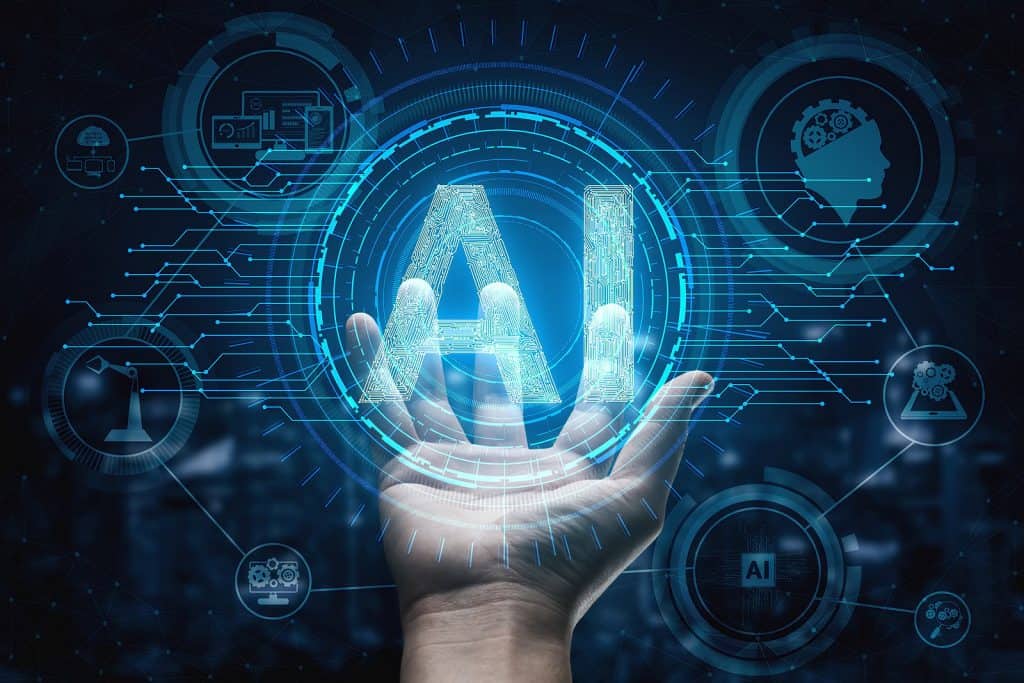 artificial intelligence (umela inteligence) is no longer merely the domain of science fiction. It has transcended into our reality, bringing with it the promise of a new era of possibilities. This groundbreaking technology is rapidly transforming our lives, and its impact on various sectors, from healthcare to education, is profound. But what exactly is AI, and how is it changing the world?
artificial intelligence (umela inteligence) is no longer merely the domain of science fiction. It has transcended into our reality, bringing with it the promise of a new era of possibilities. This groundbreaking technology is rapidly transforming our lives, and its impact on various sectors, from healthcare to education, is profound. But what exactly is AI, and how is it changing the world?
Understanding Artificial Intelligence
AI refers to the simulation of human intelligence in machines that are programmed to think and act like humans. These machines can learn from experience, adjust to new inputs, and perform tasks that typically require human intelligence, such as visual perception, speech recognition, decision-making, and language translation.
Machine Learning and Deep Learning
At the heart of AI is machine learning (ML), a subset of AI that enables machines to learn from data. Deep learning (DL) is a specialized form of ML that operates within layers of interconnected nodes, creating artificial neural networks that can be trained to recognize patterns in massive volumes of data.
The Role of Data
Data is the lifeblood of AI. Without a steady stream of data to learn from, AI systems cannot improve their predictions or make better decisions. The more high-quality data an AI system receives, the more accurate and useful its insights become.
AI in Everyday Life
AI has made its way into our everyday lives, often in ways we may not even realize. From the personalized recommendations we receive on online shopping platforms to the self-driving capabilities of our cars, AI surrounds us.
Personalization and Recommendations
E-commerce giants and streaming services use AI to analyze our past behaviors and predict our future preferences. This results in highly personalized shopping and viewing experiences, offering us products and content tailored to our individual tastes.
Autonomous Systems
The development of autonomous systems, such as self-driving cars, drones, and robotic assistants, showcases the potential of AI to perform complex tasks with minimal human intervention. This not only offers convenience but also has the potential to enhance safety and efficiency.
Healthcare and Diagnosis
In the field of medicine, AI is revolutionizing the way we diagnose and treat diseases. By analyzing medical images and patient data, AI can assist doctors in the early detection of illnesses, leading to better outcomes for patients.
Challenges and Considerations
While the rise of AI brings significant opportunities, it also presents challenges that require careful consideration.
Ethical Implications
AI systems can perpetuate biases present in their training data, leading to unfair and discriminatory outcomes. It’s crucial to develop AI responsibly, with a focus on fairness, transparency, and accountability.
Job Displacement
The automation of tasks through AI has led to concerns about job displacement. It’s important to address these challenges by retraining the workforce for higher-skilled jobs that complement AI technologies.
Security and Privacy
AI systems can be vulnerable to security breaches, and the vast amounts of data they process raise concerns about privacy. Finding the right balance between innovation and protection is a critical consideration.
The Future of AI
As AI continues to advance, its impact on society can be far-reaching. The future of AI holds the potential for even greater innovation, with the development of fully autonomous systems, enhanced decision-making capabilities, and new applications that we have yet to imagine.
AI and Creativity
One area of AI that is particularly exciting is its potential to enhance human creativity. AI-generated art, music, and literature are already pushing the boundaries of what we consider to be the result of human creativity.
AI and Sustainability
AI is also being leveraged to address global challenges such as climate change and resource management. By optimizing systems and processes, AI can help achieve greater sustainability in everything from agriculture to energy production.
Collaborative Intelligence
The future of AI is not just about machines replacing humans – it’s about the collaboration between the two, creating what some call collaborative intelligence. This approach sees AI as a tool to augment human abilities, leading to unprecedented levels of productivity and discovery.
In conclusion, artificial intelligence is a powerful force that is reshaping our world. By understanding its capabilities and challenges, we can harness the potential of AI to create a better future for all. The new era of possibilities that AI presents is one full of opportunities for growth, innovation, and improving the human experience.

















